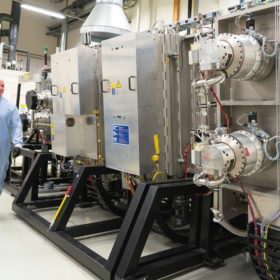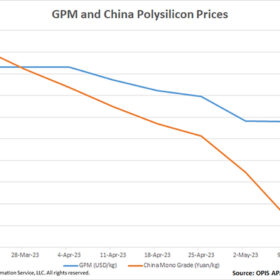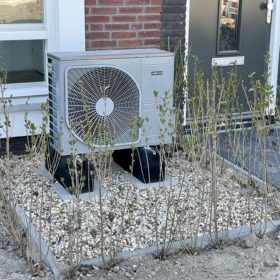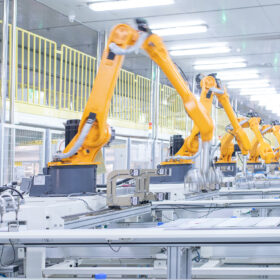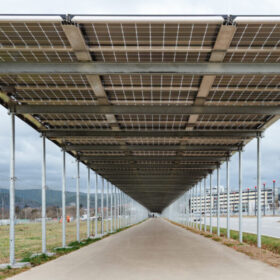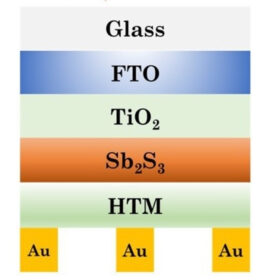First Solar acquires Swedish perovskite specialist Evolar
First Solar has agreed to pay $38 million to buy Swedish manufacturing startup Evolar AB, as it seeks to expand development of high-efficiency tandem PV tech.
Polysilicon prices preserve downward trend, weighed down by supply factors
In a new weekly update for pv magazine, OPIS, a Dow Jones company, provides a quick look at the main price trends in the global PV industry.
Bulgaria launches household solar rebate scheme
The Bulgarian Ministry of Energy has announced that a BGN 240 million ($134 million) rebate scheme is now open for applications from households seeking to install solar water heating systems and rooftop PV arrays, potentially coupled with battery energy storage systems.
Kaneka presents 29.2%-efficient 2T silicon-perovskite tandem solar cell
Kaneka’s two-terminal tandem perovskite solar cell has achieved the highest efficiency ever recorded for such a device based on an industrial Czochralski (CZ) silicon wafer. It has an open-circuit voltage of 1.929 V, a short-circuit current density of 19.5 mA cm−2, and a fill factor of 77.55%.
German heat pump sales grow by 111% in first quarter
Sales of gas and oil heating systems are also increasing, however, as the current figures from the Federation of German Heating Industry show. Overall, the market grew by 38% to 306,500 new heaters sold. However, the German Renewable Energy Federation warns against postponing the country’s Building Energy Act requirements to 2027.
Norway’s PV capacity hits 373 MW
Norway added 152.7 MW of new solar capacity in 2022 and around 70 MW in the first four months of this year.
PV manufacturing capacity hit 600 GW in 2022
The new edition of the International Technology Roadmap for Photovoltaic (ITRPV), published this week, finds that 295 GW of PV modules was shipped in 2022, and that prices for silicon PV modules fell by 7% over the year. The report finds that price premiums for n-type modules are now marginal, and the technology grew to represent 15% of the market, and is expected to keep growing over the coming decade.
First 1 GW phase of world’s second-largest PV project goes online
State Grid Ningxia Zhongwei Power Supply Co. has completed the first section of a 3 GW solar plant in the Tengger Desert, in China’s Ningxia Hui region. The plant required an investment of around CNY 5.11 billion ($738 million).
Germany’s first photovoltaic cycling path goes online
Badenova has installed 912 glass-glass PV modules along a cycling path in the city of Freiburg, Germany, as part of a new pilot project.
Antimony trisulfide PV cell hits 4.9% efficiency with fluorene-based HTMs
An international research group used the ultrasonic spray pyrolysis (USP) method to fabricate an antimony trisulfide PV cell with high power conversion efficiency and remarkable average visible transmittance. The cell has an active area of 7.06 mm2.
